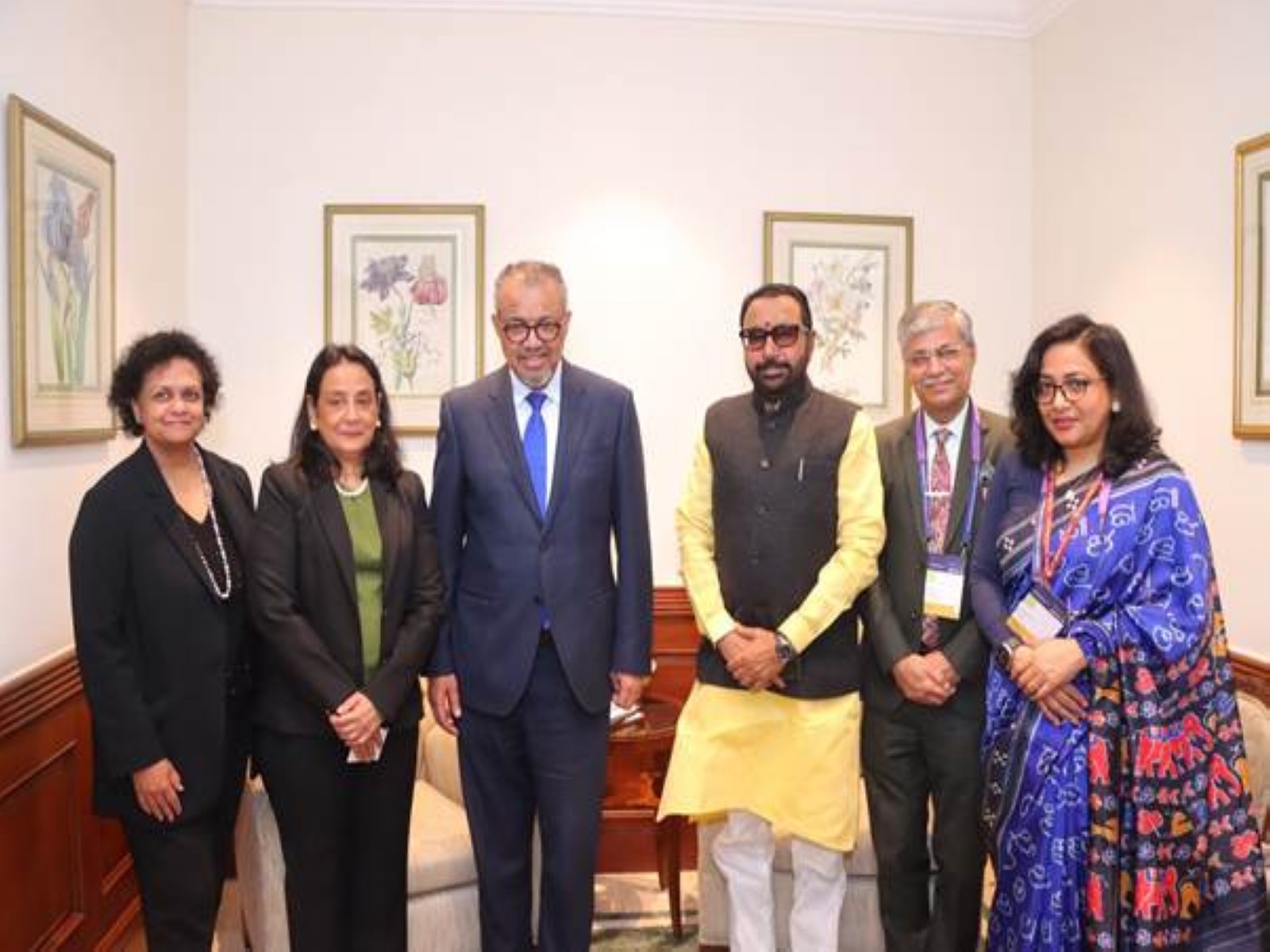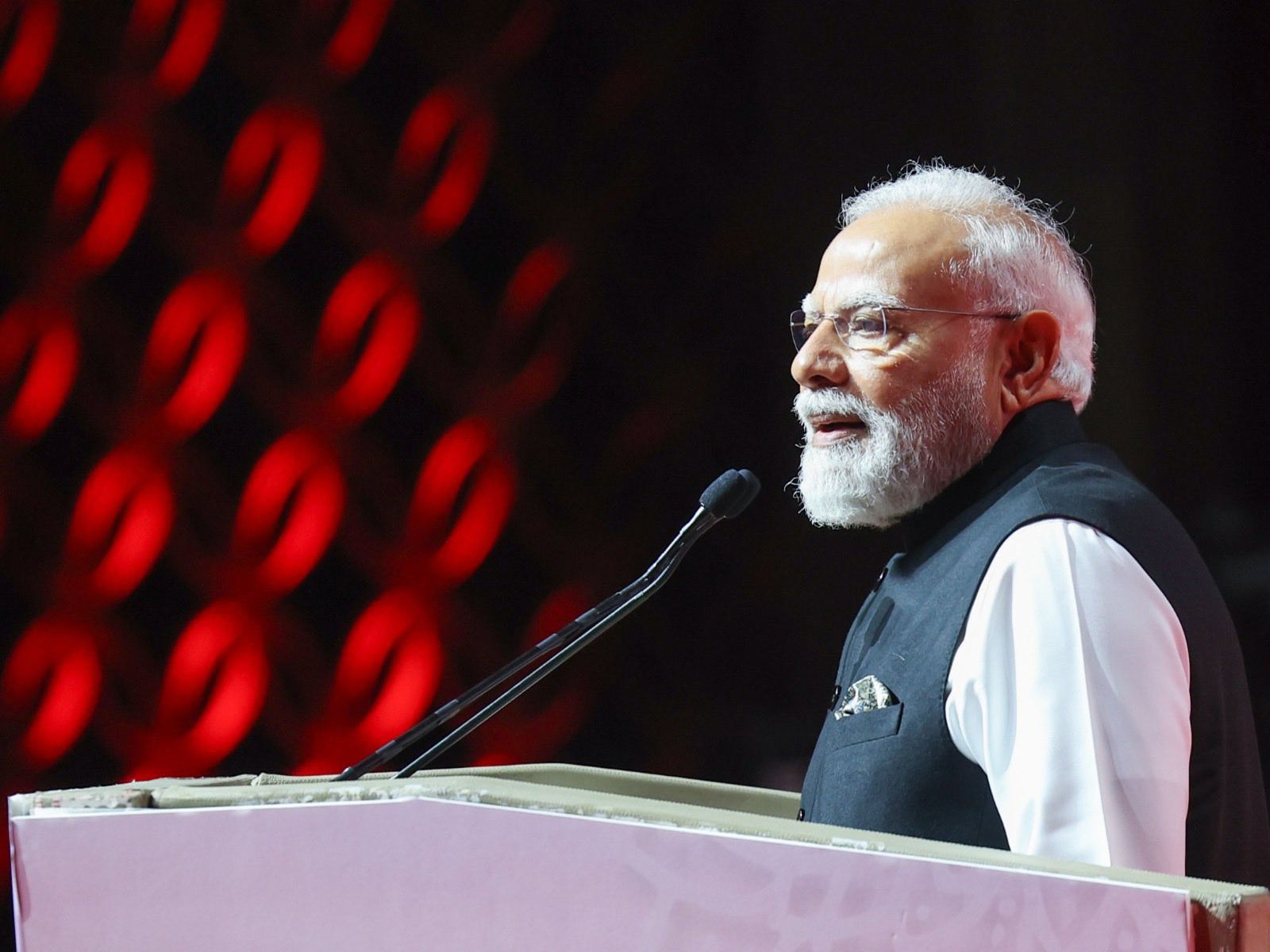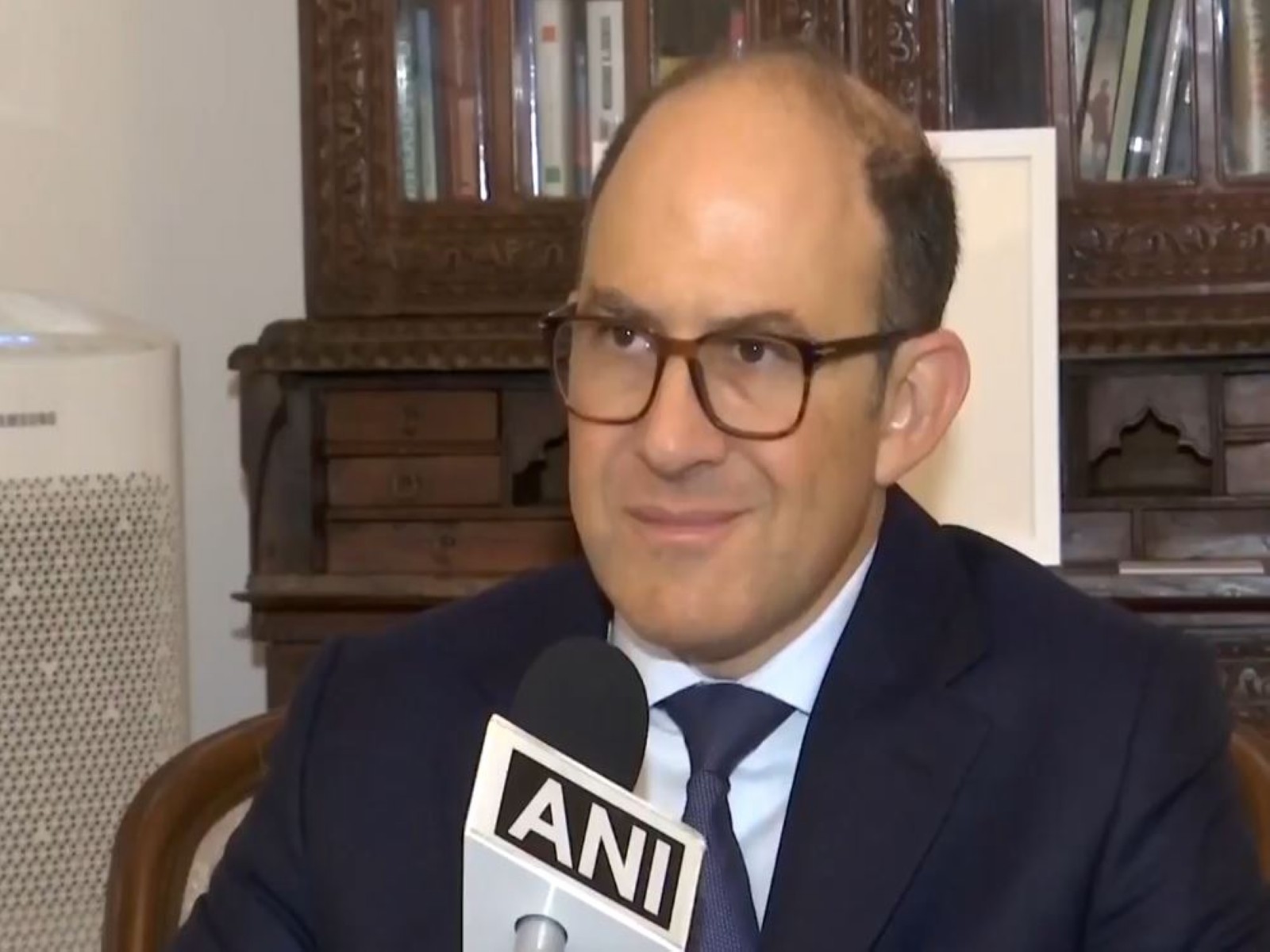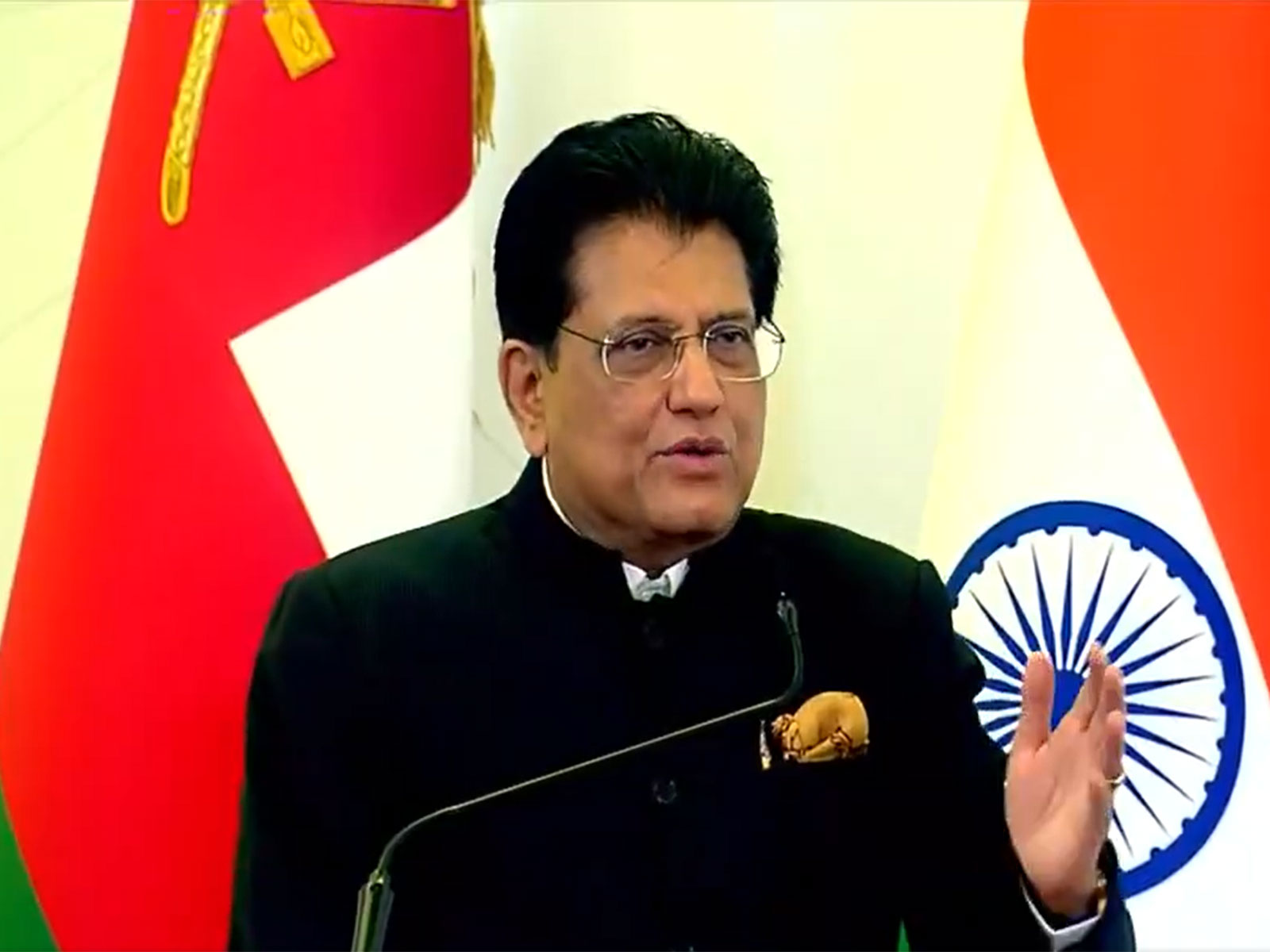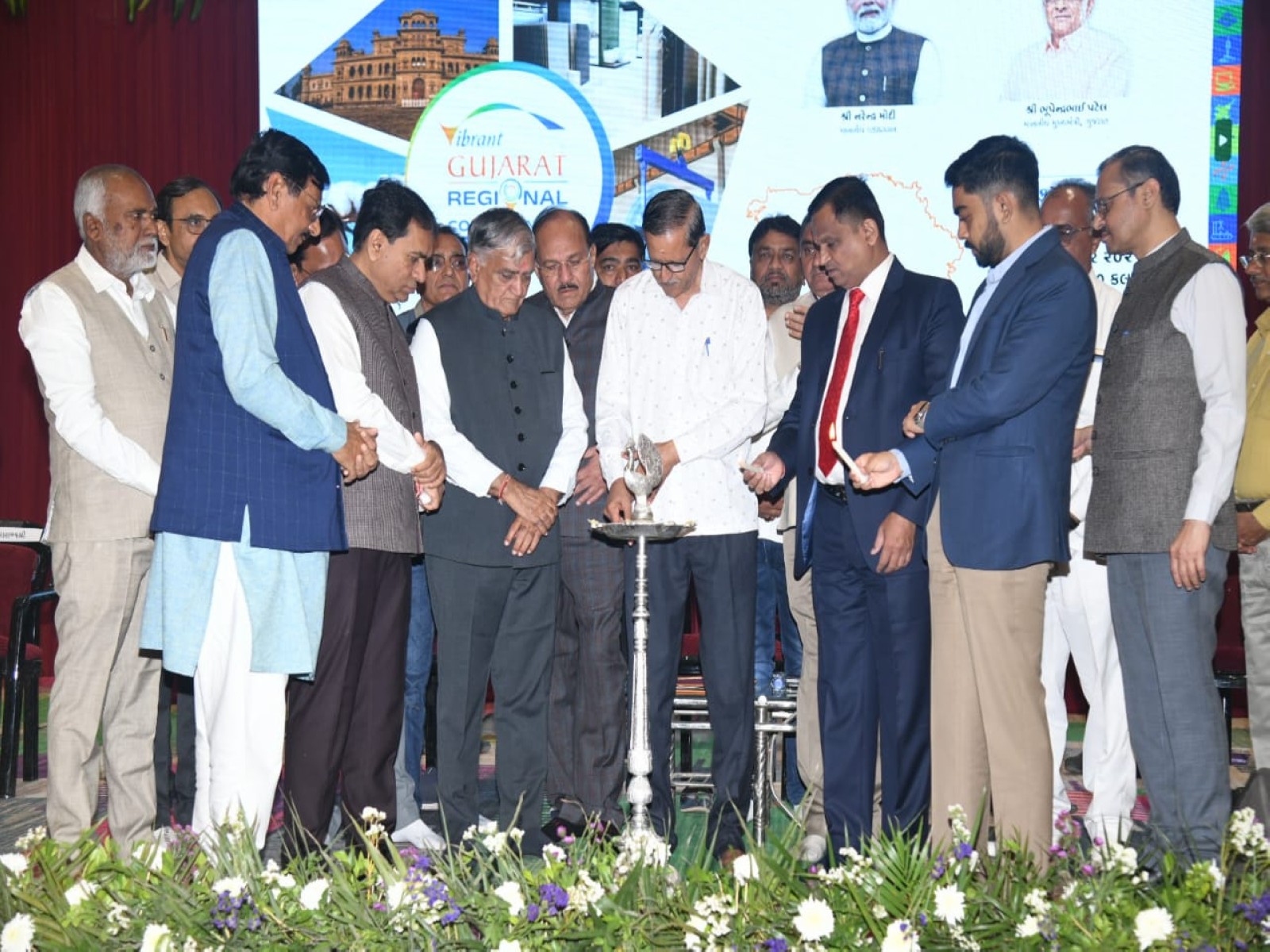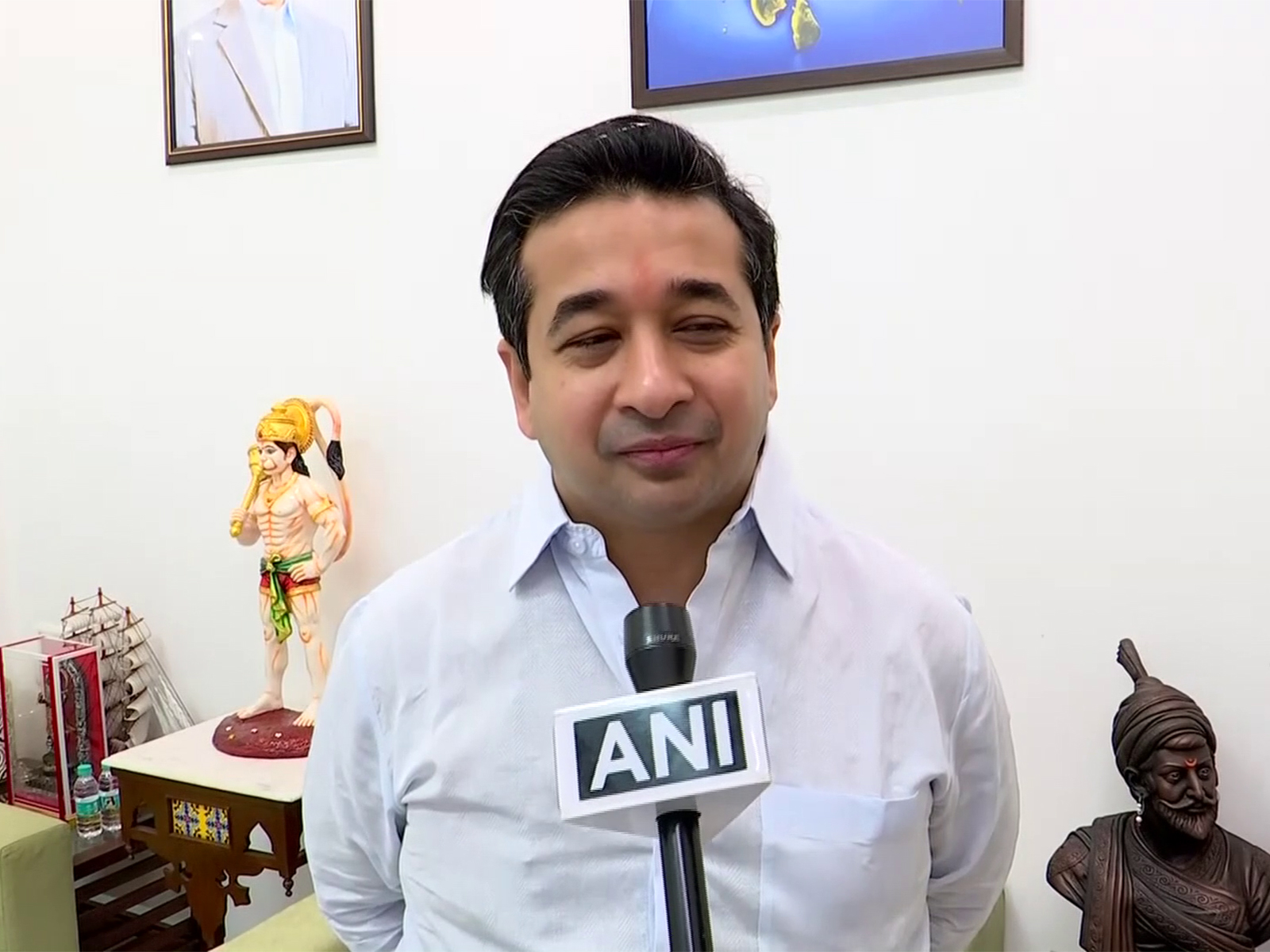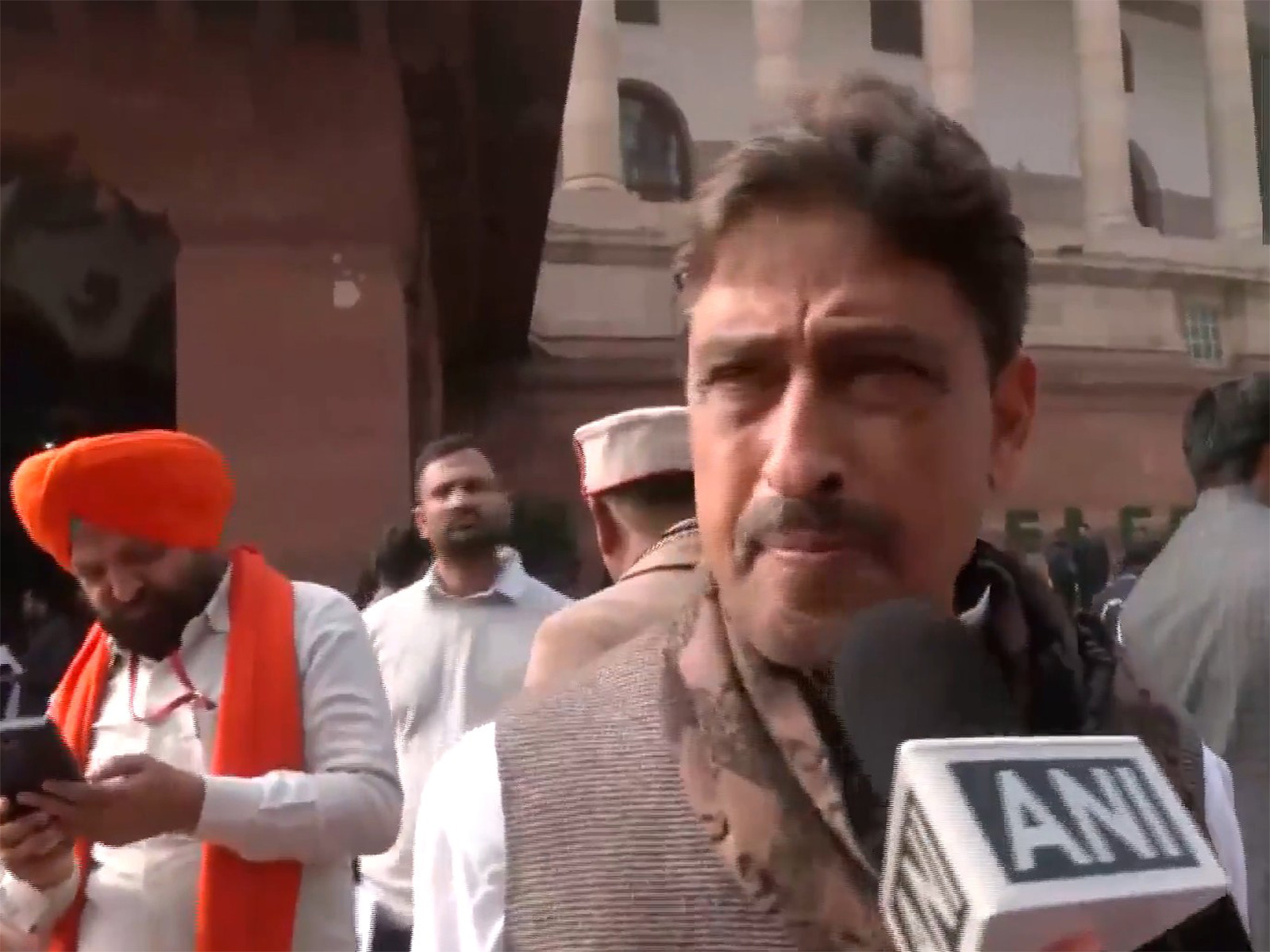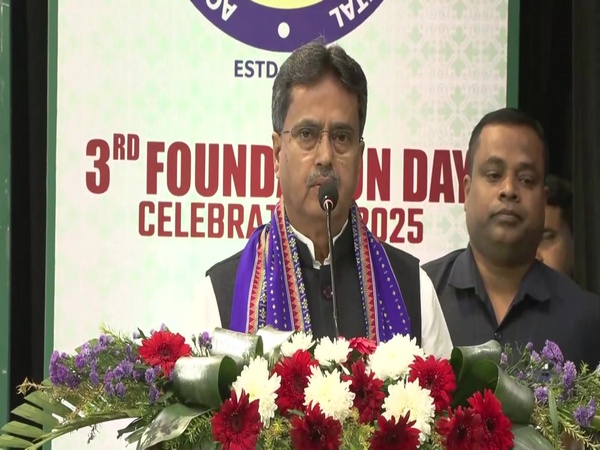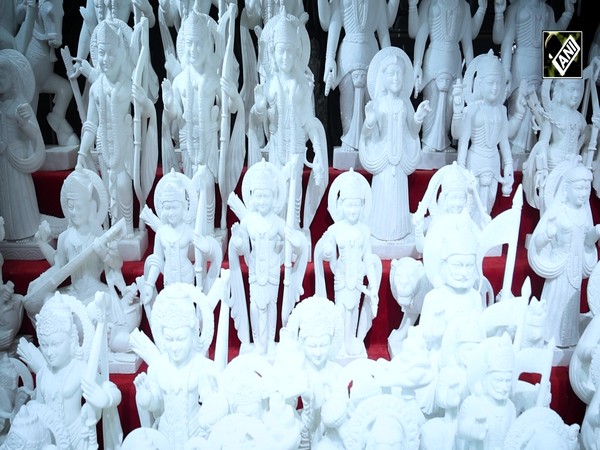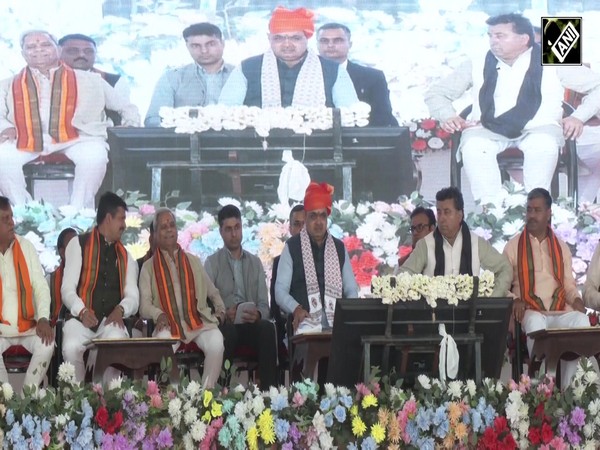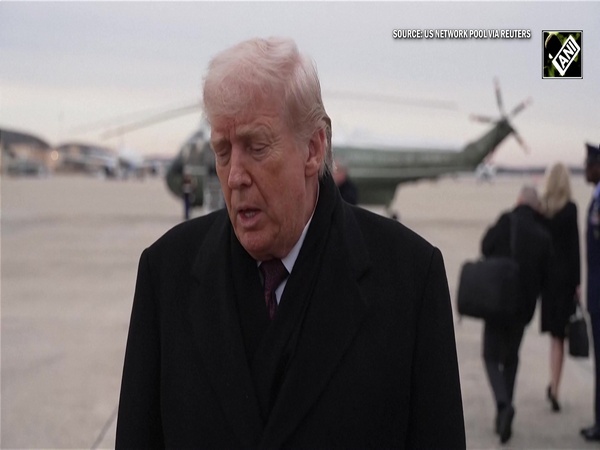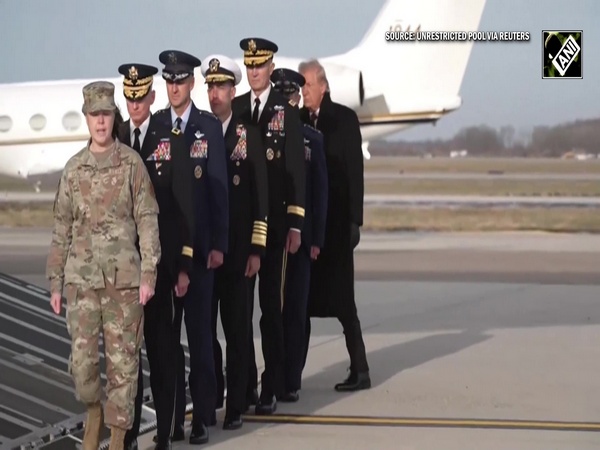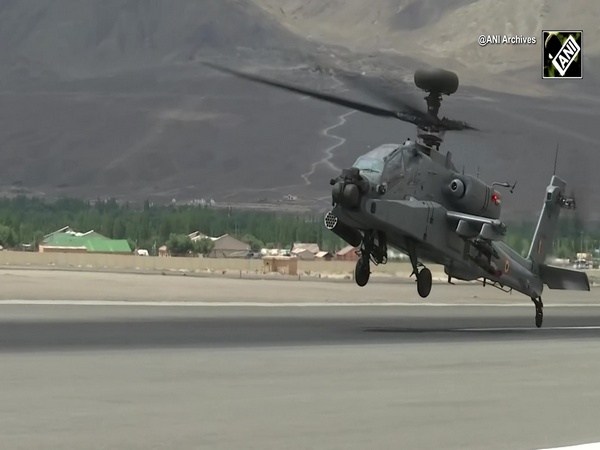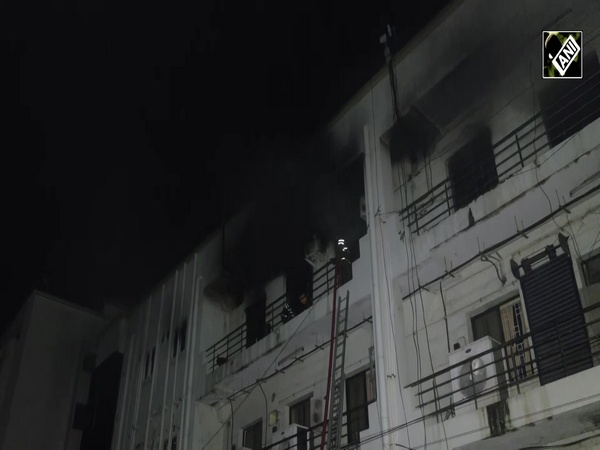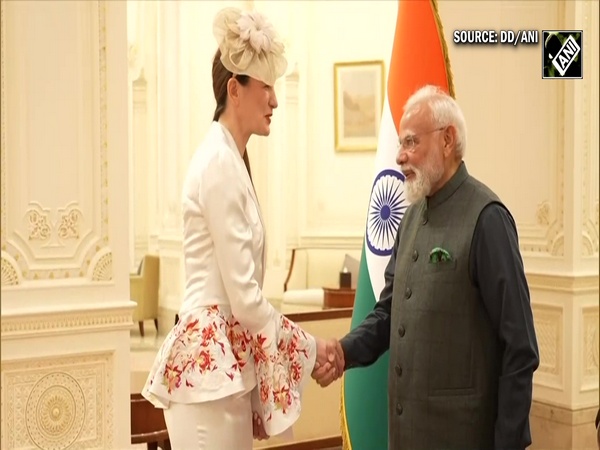India 'fully' supportive of Sri Lanka's democracy, stability: Bagchi
May 10, 2022

New Delhi [India], May 10 : In view of the current situation in Sri Lanka, Minister of External Affairs (MEA) Arindam Bagchi on Tuesday said that India is fully supportive of democracy, stability, and economic recovery of the island nation.
The remarks come as nationwide protests against the Sri Lankan government have intensified over the past few days resulting in an increase in incidents of clashes with the security forces deployed at protest sites.
In response to media queries on developments in Sri Lanka, the official MEA spokesperson Arindam Bagchi said, "As a close neighbor of Sri Lanka, with historical ties, India is fully supportive of its democracy, stability, and economic recovery."
On the assistance provided by India to Sri Lanka, a statement by MEA read, "In keeping with our Neighbourhood First policy, India has extended this year alone support worth over USD 3.5 billion to the people of Sri Lanka for helping them overcome their current difficulties. In addition, the people of India have provided assistance in mitigating the shortages of essential items such as food, medicine, etc."
"India will always be guided by the best interests of the people of Sri Lanka expressed through democratic processes," it added.
Earlier, Sri Lanka Prime Minister Mahinda Rajapaksa's residence in the city of Kurunegala in the north-western province was set on fire, hours after the leader tendered his resignation to President Gotabaya Rajapaksa, as the country goes through an intensified civil strife amid a crippling economic crisis.
A large number of protesters including the Inter-University Students Federation (IUSF) were out on the streets and attacked the Sri Lanka Podujana Peramuna MPs. Even some Sri Lanka Podujana Peramuna (SLPP) offices were set ablaze.
The military has been deployed on the roads to maintain calm despite an island-wide curfew.
Sri Lanka is facing its worst economic crisis since independence with food and fuel shortages, soaring prices, and power cuts affecting a large number of the citizens, resulting in massive protests over the government's handling of the situation.
The recession is attributed to foreign exchange shortages caused by a fall in tourism during the COVID-19 pandemic, as well as reckless economic policies, like the government's move last year to ban chemical fertilizers in a bid to make Sri Lanka's agriculture "100 percent organic".
Due to an acute shortage of foreign exchange, Sri Lanka recently defaulted on the entirety of its foreign debt amounting to about USD 51 billion.
